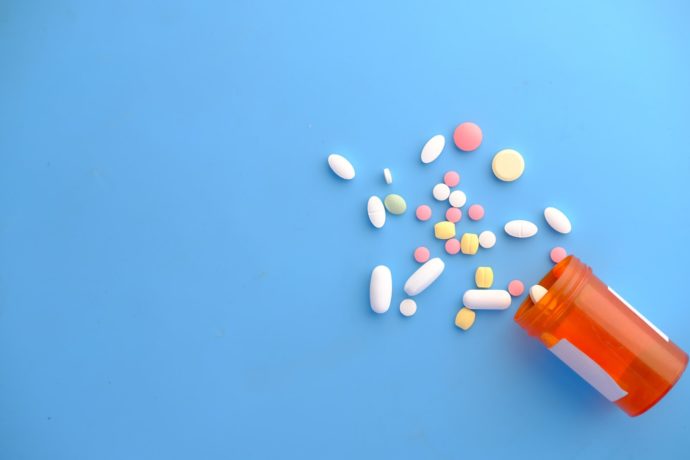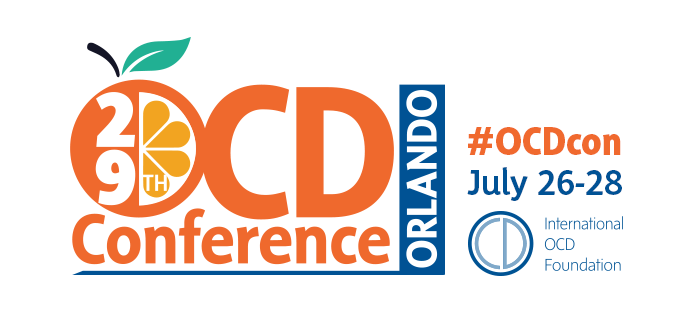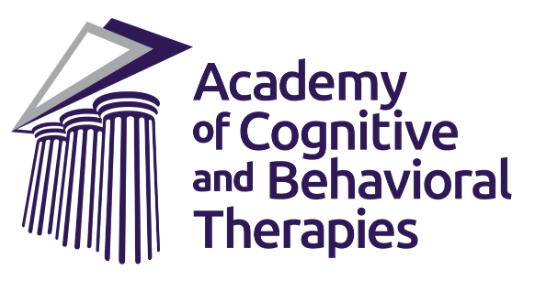
Medications for OCD are often straightforward. Usually, they involve SSRIs at often double the dosing compared to treating anxiety and depression. No one thing is known to cure OCD. The average adult sees a maximum 40-60% improvement in symptoms (which by the way, is less on average than the therapy, Exposure and Response Prevention, or ERP, for OCD).
Be an Informed Consumer- But Not Compulsive
While talking with your treatment provider is essential, informing consumers is part of the journey of recovery. It seems to me that most psychiatrists know what they are doing with OCD, but….I am sometimes surprised at a lack of following recommended treatments, even in the large metro area where I practice. If something looks suspect, I never make hasty judgments. Doctors and prescribing providers have many reasons behind the scenes for what they do. However, if something looks off, it never hurts to ask. Let me caution you from researching compulsively on medications.
Medications in children are typically considered in only moderate to severe cases. The following medication charts (from the IOCDF and Dr. Michael Jenike of MGH and Harvard) provide both the generic and brand names with dosing typically considered therapeutic with OCD. Please note that further descriptions, warnings, and side effects are not included here. You need to always consult a qualified health provider in order to be prescribed and take one of these medications; furthermore, follow their advice as these are only general guidelines and they may be considering other factors.
1st Line (1st choice, typically) in Adults with OCD
|
|
|
|
|
|
|
|
1st Line for Children with OCD
|
|
|
|
|
|
|
Typical Protocol
| “First-line pharmacological treatment: |
| • Selective serotonin reuptake inhibitors (eg, escitalopram, fluvoxamine, fluoxetine, paroxetine or sertraline) or clomipramine |
| • Administration of medium to high doses |
| • Acute treatment of at least 3 months |
| • If efficacious, maintenance treatment of at least 1 year |
| Treatment options for patients refractory to first-line pharmacological treatment: |
| • Modification of first-line treatment (eg, intravenous clomipramine, further dose increase, switch to other or combination of first-line drugs) |
| • Augmentation with antipsychotics (eg, risperidone, haloperidol, quetiapine, olanzapine, or aripiprazole) |
| • Augmentation with (or switch to) cognitive-behavior therapy |
| • Trials with other drugs (please see text)” (Kellner, 2010) |
Mental Health Medication Works
Medication in psychiatry has been much maligned through the years, and criticized from almost every angle. While taking medication for a psychiatric condition is not one-size-fits-all, and benefits are not typically as much as psychotherapy for various conditions, medications help many people. Here are a couple of high-level sources that confront the myths:
- Psychiatric Times article, “On the Efficacy of Psychiatric Drugs“
- The British Journal of Psychiatry, “Putting the efficacy of psychiatric and general medicine medication into perspective: review of meta-analyses“
2nd Line, Adjuncts, and more
It’s important to say that there are many more options in addition to the ones listed. However, these are the usual starting point. I hope it helps, and stay tuned for much more to come.








Leave a Reply